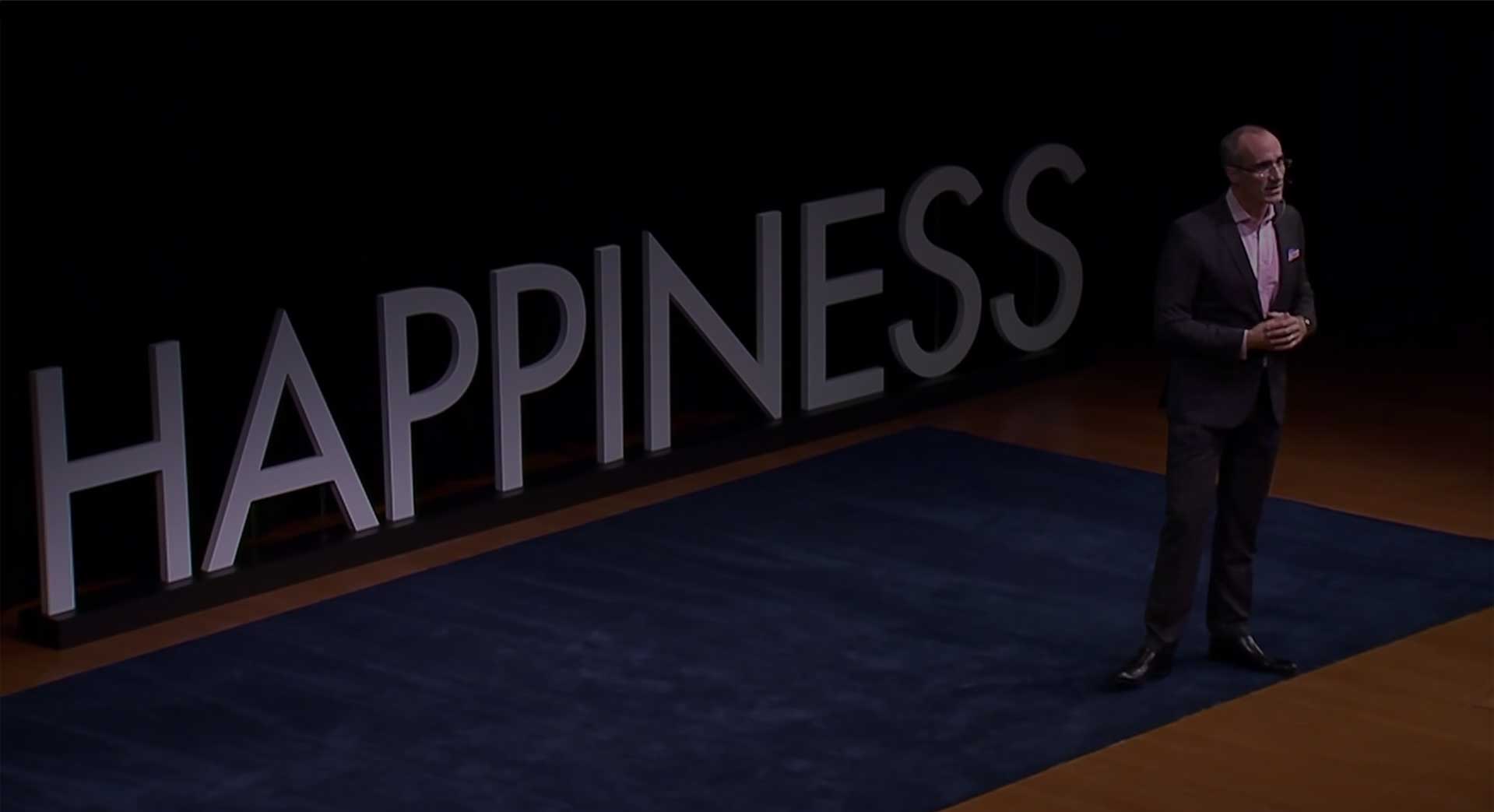Are you happy?
Only about one third of Americans say they are “very happy.”
Are you one of them?
What do happy people have that others lack? Merely good genes and good luck?
Or are there practical strategies that anyone can adopt?
The answer is actually all three. Our genes, our life events, and our own actions all matter. Some aspects of happiness are hard-wired into us, but others are ours for the taking.
In his popular talk “The Secret to Happiness,” American Enterprise Institute President Arthur Brooks weaves together ancient wisdom and recent research to explain how we can make ourselves and our society happier.
Brooks explains that four factors — faith, family, community, and meaningful work — dominate the fraction of our happiness that we can control. For the sake of ourselves and our communities, we need to invest deeply in those four things and forget the rest.
Ready to take action?
These insights mean nothing unless we put them into practice.
Here’s how you can join the community that’s building a happier America:
Follow our Facebook page and let us know what you think about our daily examples of attitudes and actions that lead people to happiness.
Hear more from Arthur Brooks. Brooks is a prolific social scientist and public intellectual. His regular New York Times columns teach — among other things — how carrying a “magic briefcase” can change your behavior, how to become a “sturdy lad” instead of a “city doll,” and why money, power, and sex can bring misery rather than contentment. His popular book on this subject is Gross National Happiness: Why Happiness Matters for America and How We Can Get More of It.
Spread the message. Share the “secret to happiness” with people who mean something to you.






